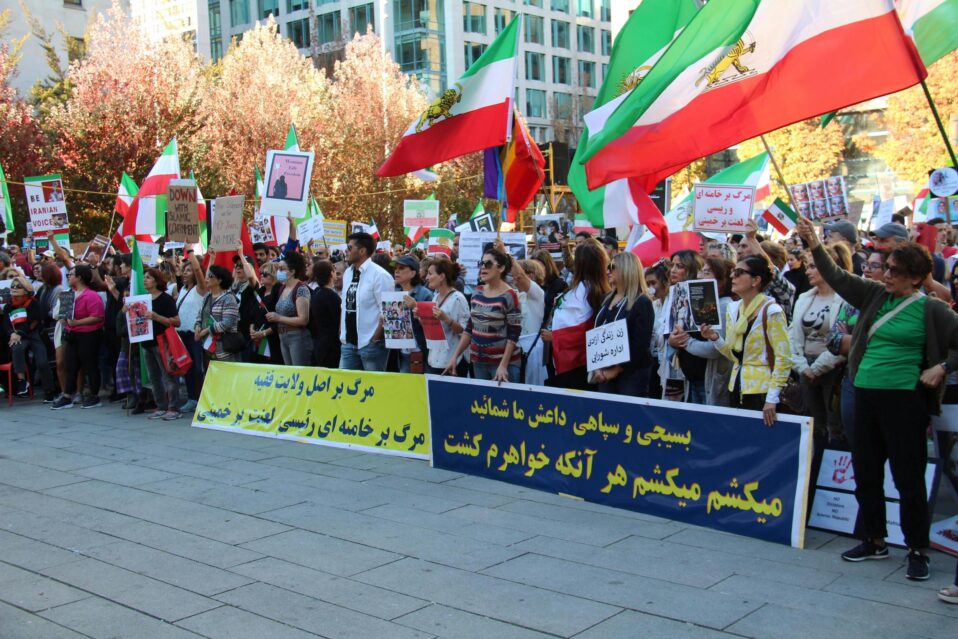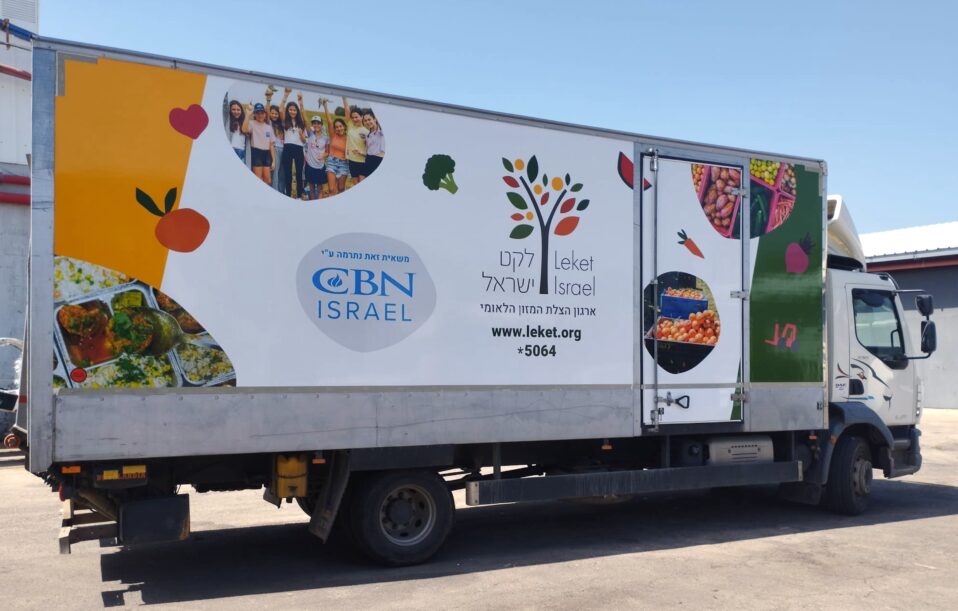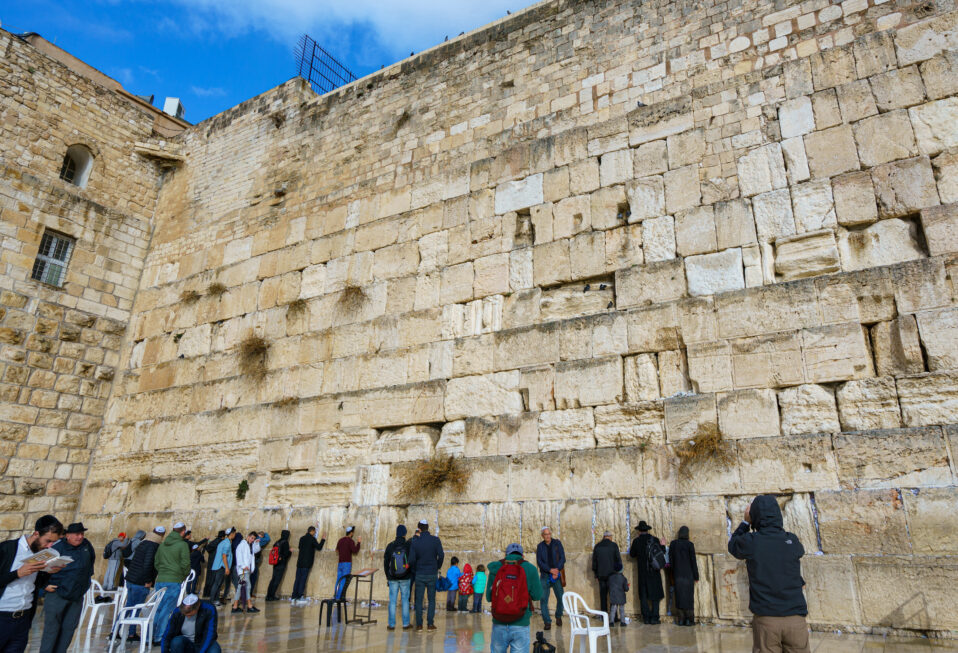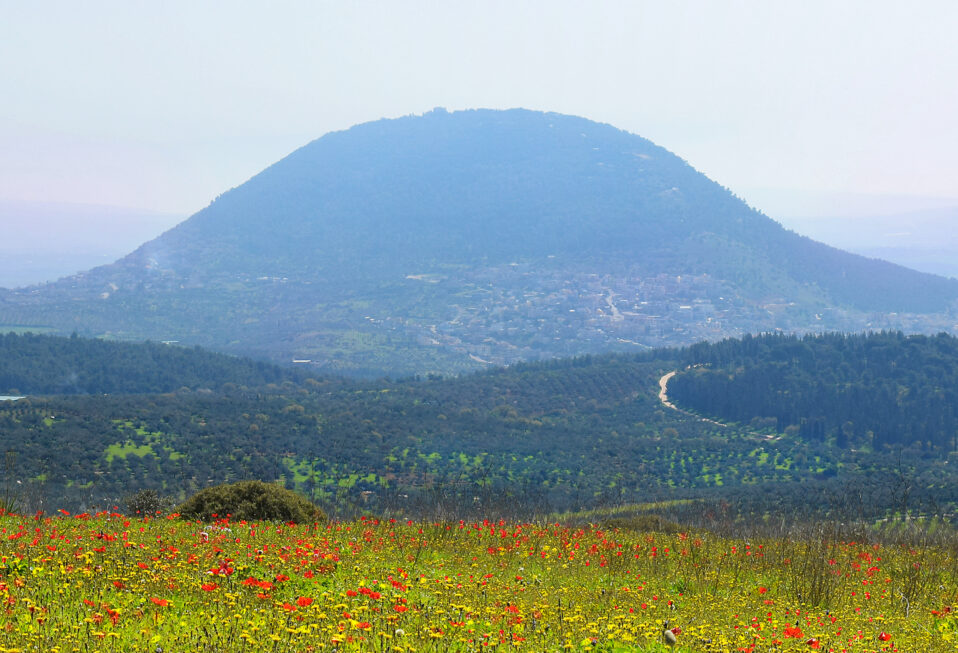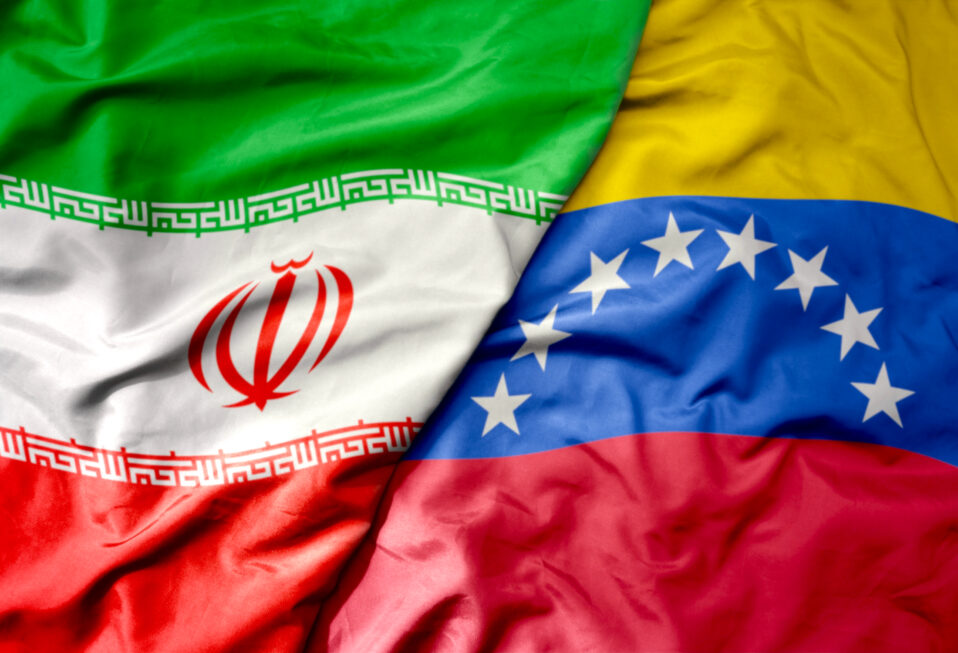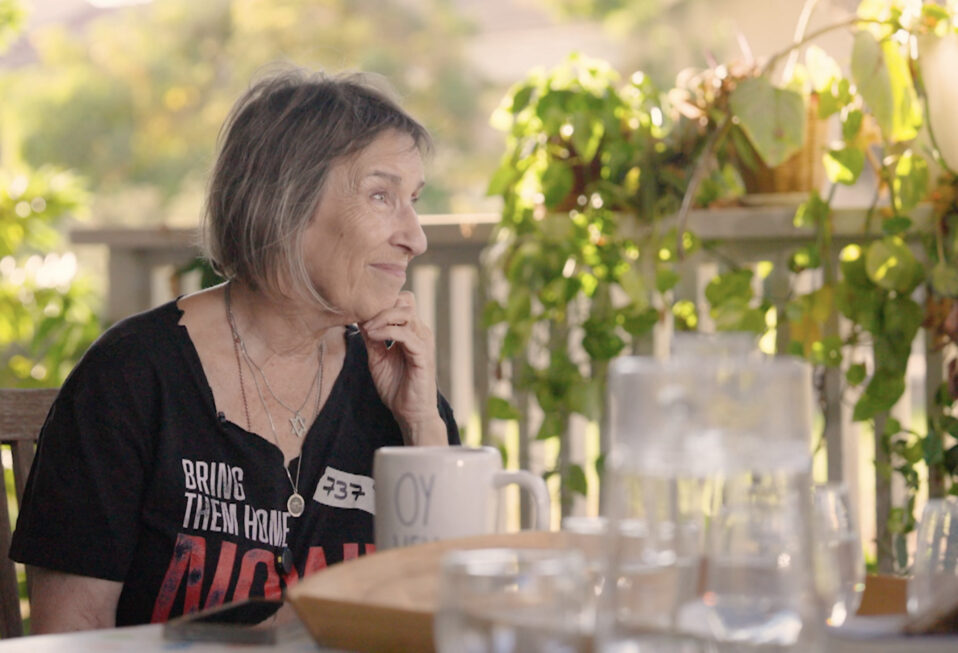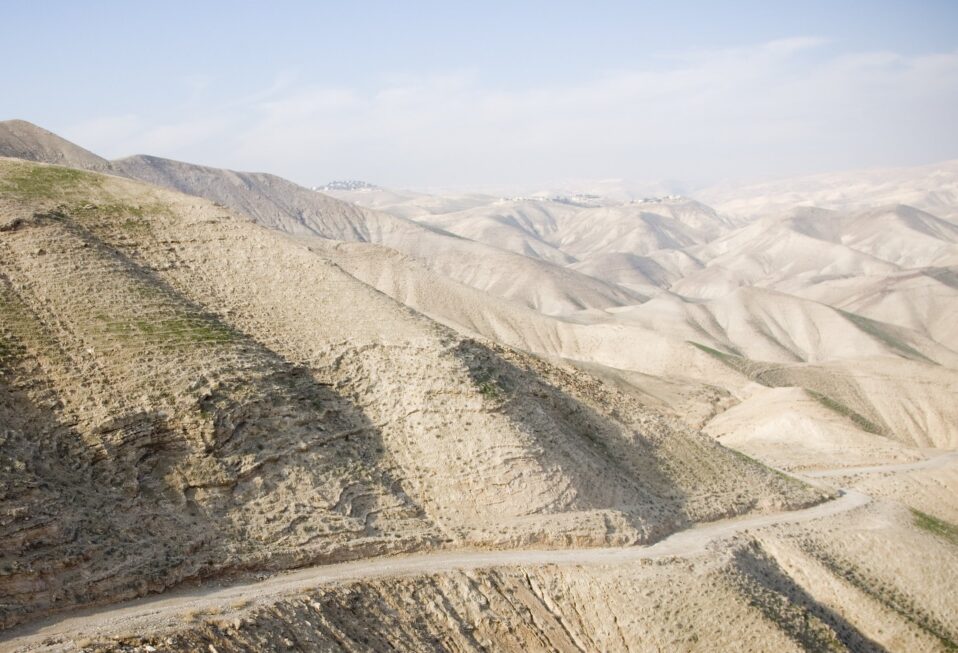By Arlene Bridges Samuels
To much of the world, Iran is known primarily as the leading state sponsor of terrorism. Yet that reputation reflects only the actions of its ruling Islamic regime, not the character, faith, or history of its people. For months, citizens have risen courageously against this violent and repressive government, protesting decades of corruption, brutality, and economic despair. Their cries for freedom are echoing across the globe, even as their rulers respond with bloodshed.
The regime’s crackdown has been ruthless. Civilians are deliberately shot in the eyes by snipers. Thousands have been beaten, arrested, or disappeared. Unidentified bodies are stored in warehouses with no regard for the dignity of life. Reports estimate the civilian death toll at twenty thousand or more, though the true number is impossible to confirm due to the ongoing internet blackout.
Meanwhile, the same regime that murders its own people also funds terror abroad. On October 7, 2023, Hamas—one of Iran’s proxies—launched its barbaric assault on Israel. Within hours, anti-Israel demonstrations erupted around the world, as if choreographed. Yet few voices have risen to condemn Iran’s mass killings of its own citizens.
Gordon Robertson, President of The Christian Broadcasting Network, voiced his dismay: “I was expecting mass support, unified pressure by the Western powers for the ayatollah to step down.” Instead, the world has largely looked away.
Outside of Christian news networks such as CBN and a few other faithful outlets, global media has been almost silent. The bravery of ordinary Iranians fighting for freedom has received only minimal coverage. Meanwhile, many of the loudest voices that condemn Israel have fallen quiet. Amir Tsarfati, founder of Behold Israel, posted a striking observation on his Telegram channel, listing activists who often denounce Israel yet have ignored Iran’s slaughter: Greta Thunberg, the United Nations, Francesca Albanese (the UN rapporteur for Palestinians), and journalist Mehdi Hasan. Tsarfati’s words ring true: “No Jews, no news.”
The Islamic regime’s dictatorship continues to embody the warning of Isaiah 5:20: “Woe to those who call evil good and good evil, who put darkness for light and light for darkness.” Evil has reversed moral vision. The ayatollahs and their followers glorify violence as virtue and deceit as truth. Yet the Bible assures us that God’s judgment against such moral inversion is certain.
If President Donald Trump, Israeli Prime Minister Benjamin Netanyahu, or Iran’s exiled leader Crown Prince Reza Pahlavi find a path to support the Iranian people, the outcome will not depend on human strategy alone. Isaiah 14:24 reminds us that “The Lord Almighty has sworn, ‘Surely, as I have planned, so it will be, and as I have purposed, so it will happen.’” God’s sovereign plan will prevail.
The people of Israel and Iran now face a common enemy: the same tyrannical brand of Shia Islam that oppresses both. The Islamic regime has brought death and destruction to both nations and beyond. Yet history and prophecy remind us that the God of Abraham, Isaac, Jacob, and Jesus will triumph. It is vital that Christians pray fervently for both peoples, seeking ways to alleviate suffering and encourage freedom.
Crown Prince Reza Pahlavi, son of the late shah, has become a symbol of hope for a new Iran. Speaking at a video press conference on January 16, he outlined his vision, which he calls the Cyrus Accords—named after Cyrus the Great, the Persian king who freed the Jews from Babylonian captivity. Pahlavi recalled his visit to Israel in April 2023, explaining, “I went to Israel to show that we are the descendants of Cyrus the Great, who freed the Jews and rebuilt the Temple in Jerusalem. That is the real Iran. Not the terror, not the chants, not the executions.”
Before the 1979 Islamic Revolution, Iran was on the path to modernization. The Pahlavi monarchy had established greater rights for women, strengthened education, and opened Iran to the international community. When the revolution deposed the shah, the nation traded progress for oppression. Forty-seven years later, the Islamic Republic has left a trail of suffering and spiritual darkness.
Pahlavi’s vision for a free Iran includes restoring peace, ending nuclear ambitions, and normalizing relations with the United States and Israel. He declared, “Support for terrorist groups will cease immediately. A free Iran will work with regional and global partners to confront terrorism, organized crime, and extremist Islamism.” His dream echoes the prayers of millions who long for their nation to rise from the ashes of tyranny.
February 11 will mark forty-seven years since the Islamic regime seized power. In those decades, Iran’s rulers have waged terror across continents, funding proxy wars, assassinations, and attacks through Hezbollah, Hamas, and the Houthis. They spend an estimated sixteen billion dollars annually to spread chaos. Their goals remain the same: the destruction of Israel, hatred of the United States, and global domination.
Yet Iran’s people are not the same as their rulers. They are Persians, not Arabs, and they speak Farsi, not Arabic. Their heritage is ancient and luminous, known for poetry, architecture, learning, music, and hospitality. Iran’s true soul longs for joy and dignity, not death and tyranny.
Let us pray that God restores the beauty of Persian culture, freed from oppression and fear.
Isaiah’s words remain a divine warning to every generation. Evil may disguise itself as good for a season, but it cannot prevail forever. Truth, light, and freedom belong to God, and He will restore them in His time.
Our CBN Israel team invites you to join us in prayer this week for the people of Iran who face unimaginable suffering and oppression.
Prayer Points:
- Pray for strength and endurance for Iranians who are grieving and exhausted.
- Pray for freedom and justice to take root swiftly across the nation.
- Pray for wisdom and unity for President Trump, Prime Minister Netanyahu, and Crown Prince Reza Pahlavi.
- Pray for more nations to speak boldly in defense of the Iranian people and to support their struggle for liberty.
Arlene Bridges Samuels is the weekly feature columnist for CBN Israel since 2020. Working on the staff of the American Israel Public Affairs Committee (AIPAC) as their SE Regional Outreach Director for nine years, International Christian Embassy Jerusalem USA engaged her as the Leadership Outreach Director part-time for their project American Christian Leaders for Israel. Arlene is an author at The Blogs-Times of Israel, is published at AllIsrael.com and The Jerusalem Connection, and has traveled to Israel since 1990. By invitation, she attends Israel’s Government Press Office Christian Media Summits as part of Christian media worldwide. In 2024, Arlene and her husband Paul co-authored Mental Health Meltdown: Illuminating the Voices of Bipolar and Other Mental Illnesses. www.TheMentalHealthMeltdown.com.


